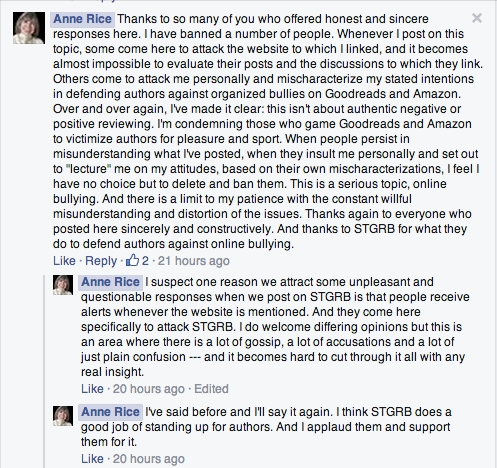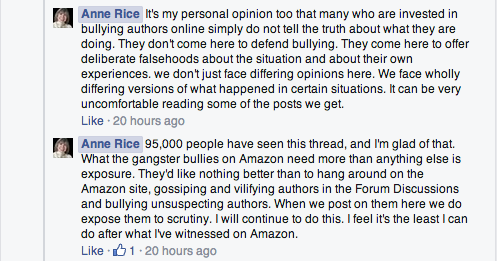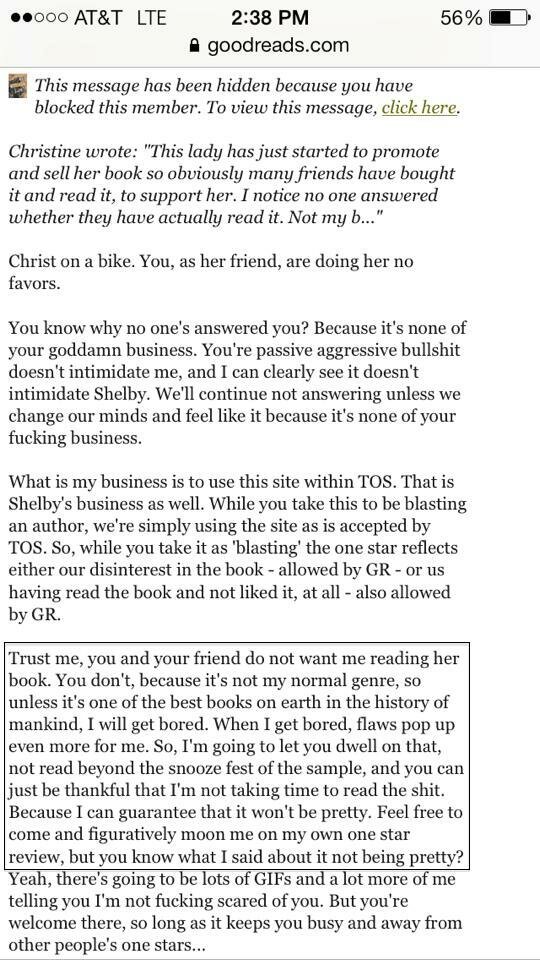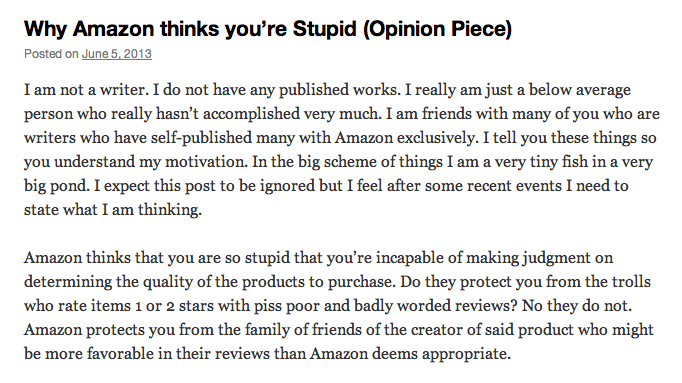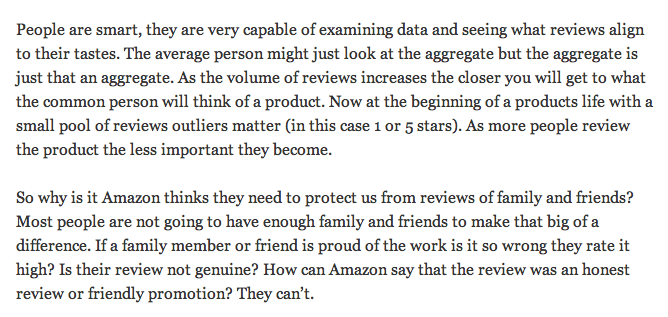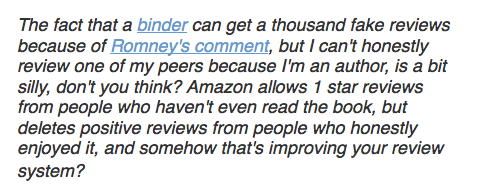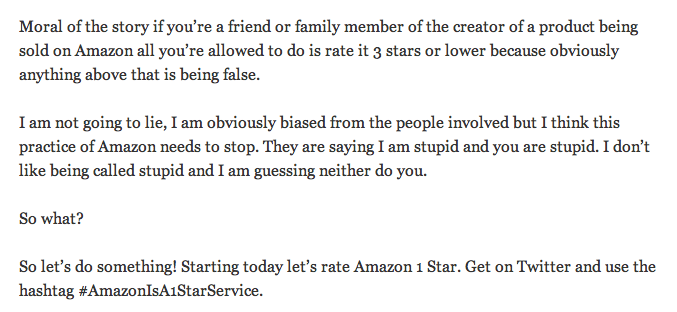We do not need to tell you that the internet has become a favorite haven for bullies to terrorize others through the anonymity that the web offers. However, the public is starting to take notice.
More authors and bloggers are fighting back by bringing attention to this festering problem. Bullies have turned the web into a virtual cesspool of hate filled impropriety, targeted at anyone who ventured to articulate their disapproval of this behavior.
We came across an article by the talented Ellen Painter Dollar.
Ellen brings to light several good and sensible ways that we can do to troll proof our internet experience. Here are a few key points we pulled because we believe them to represent the exact point that STGRB has been driving home for the last 2 years.
“Trolls cause real and significant damage.”
Several circle participants said the biggest benefit of our conversation was realizing that they are not weak or shallow or silly for being deeply hurt by mean-spirited online comments. We shared stories about trolls who have called us names; dismissed our knowledge and expertise; accused us of all sorts of nefarious activities, from being a terrible mother to not really being a Christian; and gone way way way over the line of good taste to leave sexist, suggestive, and just plain rude comments.
Absolutely! Time and again STRGB has written blog posts of the damage cyber-bullying causes. Remember Charlotte Dawson.
It’s a devastating loss for the family and friends of the 47-year-old television presenter. Dawson was hospitalised in 2012 after hundreds of social media trolls viciously targeted her on Twitter.
For the longest time victims of troll abuse have been told to “ignore it, let it go, it’s not worth your time or effort, don’t respond” and so on. We have always told authors and readers who are being targeted, to take this approach as well. In the past, it was considered dangerous to give these bullies any kind of publicity or attention.
Mostly because there was so little support other than this site and a few brave authors who had taken it upon themselves to expose this abominable behavior. They did this knowing they were placing a bulls-eye on their foreheads for the bullies to throw their poison laced knives at. But we did not quit.
That was then, but this is now. Ellen points out a simple fact that is finally being recognized by more and more bloggers, authors and readers, even the trolls themselves can’t deny this.
So when people attack us—when they don’t merely disagree, but ridicule and dismiss and name call—it feels personal because it is personal.
It’s personal because the trolls mean it to be personal. It’s as simple as that. Why else would a bully bother to harass and stalk authors, or anyone that narrow their eyes at them? Because they want the conflict. They want the feeling of satisfaction it gives them to decimate another human-being without being challenged. However, that has changed hasn’t?
Being silent is no longer the norm. Readers, the ones who really have a vested interest in books because they actually enjoy reading for the sake of entertainment, are now beginning to see the reality of cyber-bullies attacking authors.
Don’t believe me, check this out.
Thank you Anne Rice!
“Thick skin” is not the best or only solution to trollish behavior.”
The most common advice given to writers when we complain about troll attacks? “You need to develop thicker skin.” Translation: Get used to it. Trolls aren’t going away so figure out how to do your job without letting them bother you.
We have seen so many authors being bullied to the point that they can no longer sit down to write without having anxiety attacks. People acquire a thick skin when they live through some life altering trauma, or when they keep failing, but never give up until they win. Our experience through life give us a thick skin, NOT trolls. Sorry, the only thing trolls or bullies do is destroy the lives of decent people and they do it with as much infelicity as possible. Why? It’s because they believe themselves to be free from the consequences of their behavior.
Here one of them (All Hail Grimlock who was eventually banned from Goodreads) actually threatens an author’s fan with a purposeful hateful review:
Well guess what the tables are turning.
“Writers have the right to protect ourselves, even if that requires bucking social media convention.”
Writers whose primary outlets are online (and especially those who regularly write about touchy subjects, including religion) have come up with a variety of methods for protecting themselves from the whirlwind of feelings churned up by trollish comments.
We agree completely. It also helps to have celebrity authors making national and international headlines with their support of stopping the “Gangster Bullies” (wink, wink). What has this done for our cause?
One. It has brought much needed media attention to online bullying in every form.
Two. It has given more readers and the general public at large, a dose of what really happens when a bully attacks.
Three. It has given more and more people the courage to speak out and demand that these bullies are held accountable for their actions.
And most importantly, it has proven what we at STGRB have been reporting for the last two years. Without a voice to speak out against bullying there can never be change. Change is good.

